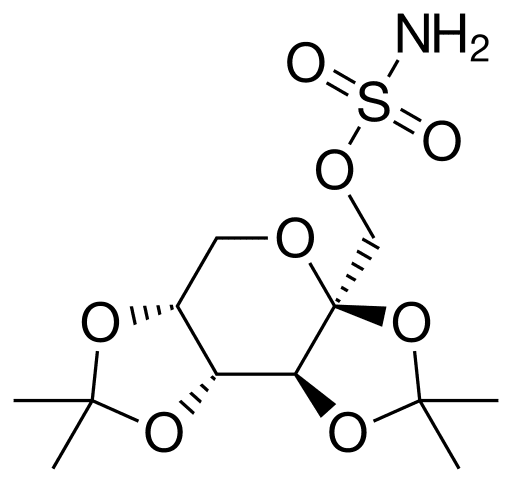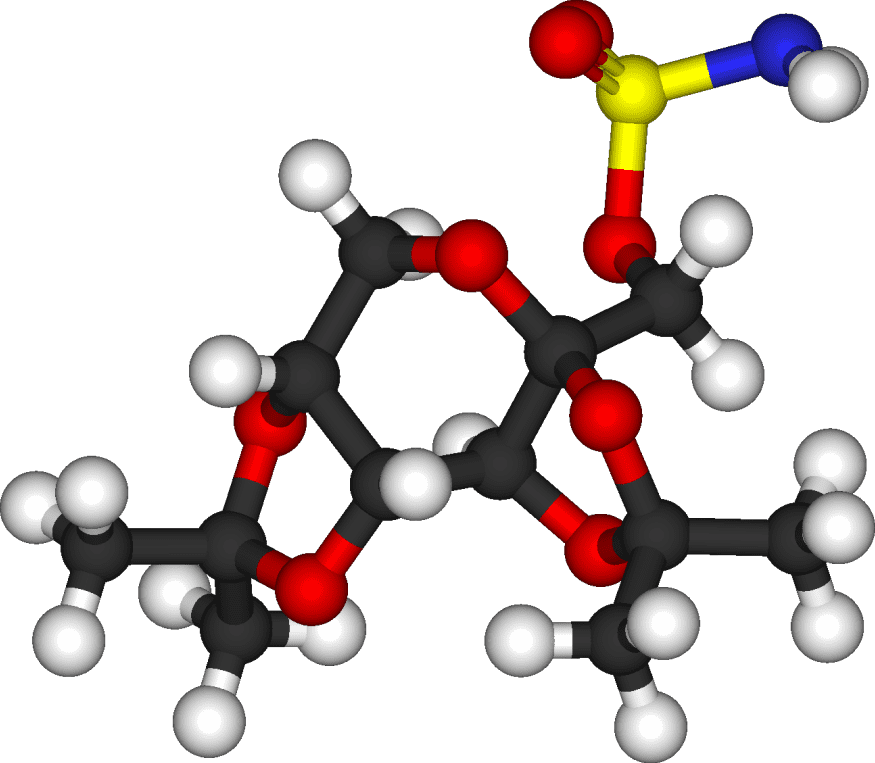GlycineAddict
New Member
- Joined
- Nov 7, 2015
- Messages
- 2
- Age
- 35
So, I'm new and I wasn't quite sure where this one belonged, seemed like it could go a couple of places, but in the end I needed help anyway, so I thought I'd ask.
Little back story I was diagnosed with PCOS when it was just hitting mainstream and if we're all a little honest mainstream still hasn't sorted us all out, which is why we're here taking charge of our own health. Because, if I'm brutally honest I really, really wanted to question slash be very violent with my doctor at 15 when she pretty much took everything off my metaphorical plate at 15 when I was diagnosed. The reason for the back story is because I'm on metformin. Bad, very bad I know. But, I'm not a lifer, and I have NOT been on the stuff since I was 15. I was on got my weight and IR under control and then, lost the control. Hit 300 pounds, scared me out of my ever loving mind. Went back on the metformin, the boyfriend got into Peating - and here I am today.
Now, the main question here is how do I assist my poor abused body in getting rid of the lactic acid? I read a neat little thread in which haidut was involved saying Biotin would be extremely helpful. Is this the only supplement? I'm also taking Vitamin E, Vitamin K, Niacinamide, Riboflavin, Vitamins B 6,9,12; Vitamin K, Ceylon Cinnamon, Glycine, Caffeine and Aspirin.
Any thoughts would be appreciated; and I do plan on stopping the metformin and solely using the cinnamon as soon as I hit my goal weight. I have 80 pounds to go.
Little back story I was diagnosed with PCOS when it was just hitting mainstream and if we're all a little honest mainstream still hasn't sorted us all out, which is why we're here taking charge of our own health. Because, if I'm brutally honest I really, really wanted to question slash be very violent with my doctor at 15 when she pretty much took everything off my metaphorical plate at 15 when I was diagnosed. The reason for the back story is because I'm on metformin. Bad, very bad I know. But, I'm not a lifer, and I have NOT been on the stuff since I was 15. I was on got my weight and IR under control and then, lost the control. Hit 300 pounds, scared me out of my ever loving mind. Went back on the metformin, the boyfriend got into Peating - and here I am today.
Now, the main question here is how do I assist my poor abused body in getting rid of the lactic acid? I read a neat little thread in which haidut was involved saying Biotin would be extremely helpful. Is this the only supplement? I'm also taking Vitamin E, Vitamin K, Niacinamide, Riboflavin, Vitamins B 6,9,12; Vitamin K, Ceylon Cinnamon, Glycine, Caffeine and Aspirin.
Any thoughts would be appreciated; and I do plan on stopping the metformin and solely using the cinnamon as soon as I hit my goal weight. I have 80 pounds to go.

 GlycineAddict
GlycineAddict
